Allegations
Over 231,000 N-Power Beneficiaries Sue Nigerian Government Over Unpaid Stipends, Demand ₦5 Billion in Damages
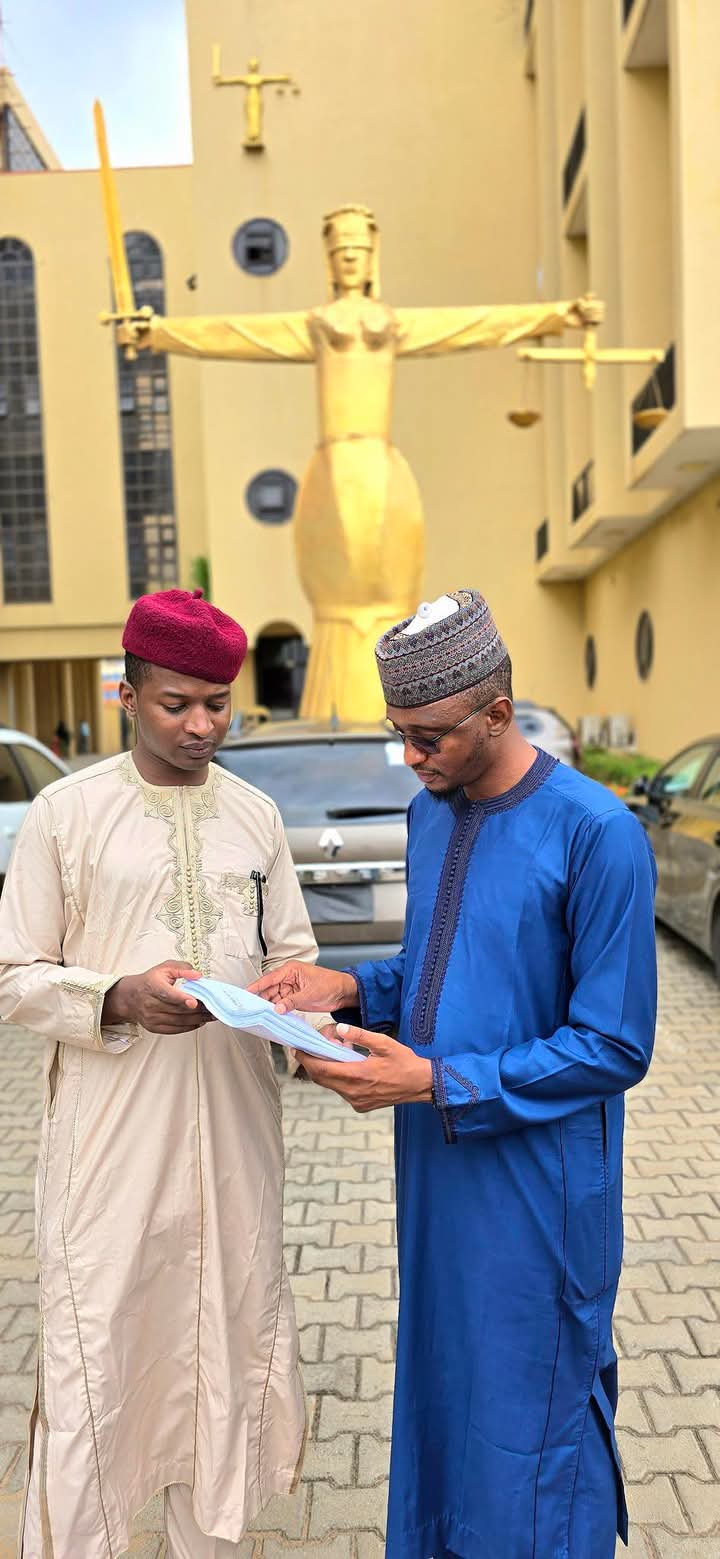
By Our Correspondent
In a significant legal move aimed at seeking justice for over two hundred thousand Nigerian youth, two prominent lawyers, Barrister Abba Hikima and Barrister H.S. Bello, have filed a lawsuit on behalf of 231,871 beneficiaries of the federal government’s N-Power programme over the government’s failure to pay their stipends.
The suit, filed at the National Industrial Court in Abuja with case number NICN/ABJ/204/2025, alleges that the Nigerian government grossly violated the rights of the affected N-Power volunteers by withholding their rightful earnings after they rendered service under the programme.
Key Defendants in the Suit Include:
The Federal Ministry of Humanitarian Affairs and Poverty Alleviation
The Accountant-General of the Federation
The Attorney-General of the Federation
Mr. Akindele Egbuwalo, National Programme Manager of N-Power
According to court documents, the plaintiffs are not only seeking the immediate payment of all outstanding stipends owed to the beneficiaries but are also demanding additional compensation for the hardship caused by the government’s delay.
Demands Presented Before the Court Include:
1. Payment of all stipends owed to N-Power volunteers by the federal government.
2. ₦5 billion as general damages for the emotional, financial, and psychological trauma suffered.
3. ₦50 million to cover the cost of litigation.
4. A declaration that the federal government’s failure to pay stipends to volunteers after they fulfilled their service obligations is illegal, a violation of their rights, and against both national labour laws and international employment standards.
Barrister Abba Hikima and the legal team, which includes E.O. Ekaun, Ridwan Yunusa, and H.S. Bello Esq of A.A. Hikima & Co., Kano, emphasized that this legal action is not merely about unpaid wages—it is a fight for dignity, fairness, and justice.
“This is more than a salary issue. It is about respect for labour, enforcement of contractual obligations, and protection of young Nigerians who were engaged in national service but have now been left without their due,” the lawyers said in a statement.
The case marks a crucial step in holding the government accountable for its obligations to youth engaged under the N-Power initiative, which was designed to empower Nigerian graduates with temporary employment and skill acquisition opportunities.
This is the first legal action of its kind concerning the N-Power programme on such a large scale, and its outcome could set a precedent for how similar issues are addressed in the future.
Allegations
Lieutenant Ahmed Yerima Survives Assassination Attempt Amid Rising Tensions with FCT Minister Wike

By Our Correspondent
Lieutenant Ahmed Yerima narrowly escaped an assassination attempt on Sunday evening, heightening concerns over rising political and security tensions in the Federal Capital Territory. The attack reportedly occurred around 6:30 p.m., according to credible military sources who confirmed the development to Vanguard.
Witnesses said Yerima was driving when two Hilux trucks, occupied by gunmen dressed in all-black attire, began trailing his vehicle. The armed men allegedly attempted to intercept him, prompting a brief pursuit that ended with Yerima escaping unhurt.
Military insiders described the attack as “coordinated and deliberate,” suggesting the assailants had precise information about his movements.
The incident comes just days after a heated dispute between Lieutenant Yerima and the Minister of the Federal Capital Territory (FCT), Nyesom Wike. Though the details of the confrontation remain sketchy, the timing of the attack has sparked speculation and concern among security watchers.
Authorities are yet to issue an official statement, but internal investigations are already underway to determine the motive behind the failed attack and identify the perpetrators.
Security analysts warn that the incident underscores the growing volatility surrounding high-ranking officials and the escalating atmosphere of political rivalry. They also called for a thorough and transparent investigation to prevent further escalation.
As of press time, Lieutenant Yerima has not spoken publicly about the incident, but sources confirmed that security around him has been strengthened pending the conclusion of investigations.
Agriculture
Court Remands Ex-AFAN President Arc. Kabir Ibrahim Over Impersonation, Intimidation Charges
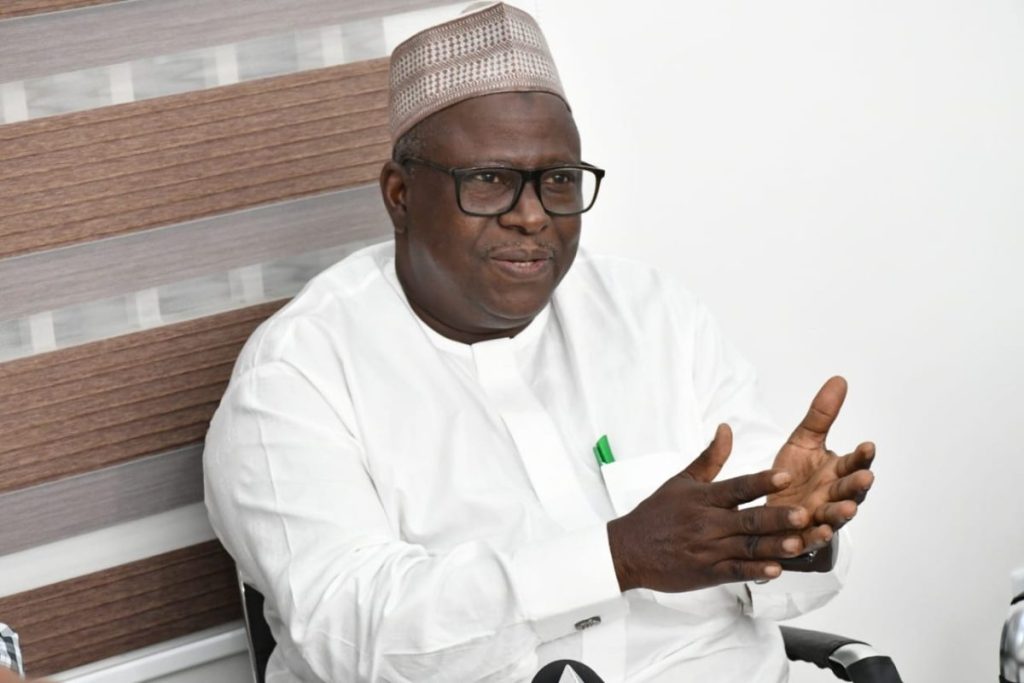
By Our Correspondent
A Magistrate Court sitting in Zone 6, Abuja, has ordered the remand of Arc. Kabir Ibrahim, a former president of the All Farmers Association of Nigeria (AFAN), at the Keffi Correctional Centre on charges of impersonation, criminal intimidation, and incitement.
In his ruling, Magistrate Ekpeyong held that Ibrahim had exceeded his lawful tenure but refused to relinquish office, despite the election of Dr. Farouk Rabiu Mudi as AFAN’s national president in 2021. The court noted that Ibrahim had lost at both the Federal High Court and the Court of Appeal, yet continued to parade himself as president, in contravention of Sections 132, 397, and 114 of the Penal Code.
“Your persistent acts of impersonation and intimidation are unlawful and capable of causing public disorder within AFAN and beyond,” the judge declared.
Unable to meet his bail conditions, Ibrahim was remanded in custody pending trial.
Reacting to the judgment, Dr. Mudi accused Ibrahim of sabotaging AFAN’s programmes and frustrating investment opportunities in the agricultural sector. He alleged that Ibrahim wrote letters to the Nigeria Sugar Development Council (NSDC) and Tingo Mobile, actions which, according to him, undermined farmers’ access to loans and foreign investment.
“These deliberate acts deprived millions of farmers of opportunities meant to boost food security and strengthen the agricultural value chain,” Mudi said.
Meanwhile, police confirmed the arrest of another associate, Chief Okafor, who allegedly styled himself as AFAN vice president. Security agencies are still tracking other alleged accomplices across the country.
The case has been adjourned for continuation of hearing.
Allegations
NANS Gombe Threatens Mass Protest Over Alleged Fertilizer Diversion, Demands Probe
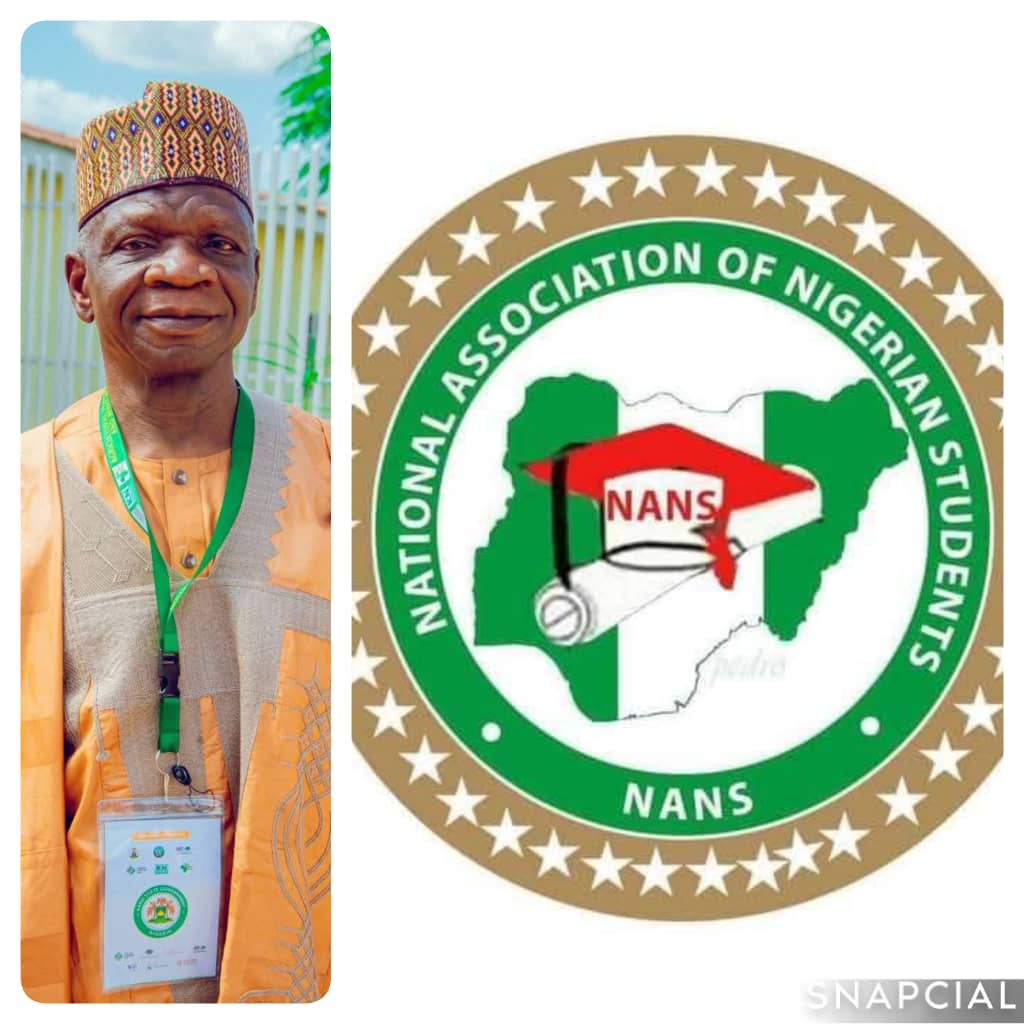
By Our Correspondent
The National Association of Nigerian Students (NANS), Gombe State Chapter, has raised alarm over alleged irregularities in the distribution of the 2024/2025 fertilizer scheme by the state’s Ministry of Agriculture, warning that students may take to the streets in mass protest if the government fails to act.
In a statement signed by the state chairman, Comrade Usman Ibrahim Wakili CNS, NANS expressed “serious concern” about what it described as diversion, hoarding, favoritism, and lack of transparency in the allocation process.
According to the student body, these activities have eroded public trust and sabotaged government’s efforts at boosting agriculture and guaranteeing food security in Gombe State.
“We therefore demand an immediate and thorough investigation by His Excellency, Governor Muhammadu Inuwa Yahaya, into the fertilizer distribution exercise. Those found guilty of sabotaging this process must be exposed and brought to book without delay,” the statement read.
The association stressed that failure of the government to act swiftly would leave Nigerian students in the state with no choice but to mobilize for peaceful protests in solidarity with farmers and the general public, who they described as the direct victims of the alleged injustice.
“As the voice of Nigerian students, we cannot fold our arms while corruption and mismanagement deny our people access to essential resources meant for their welfare and survival,” NANS warned.
The group urged Governor Inuwa Yahaya to demonstrate accountability by ensuring that fertilizers reach genuine farmers at the right time and affordable price, emphasizing that transparency and fairness are the only way to restore confidence in the process.
NANS further vowed to defend these values “through every lawful means available, including peaceful demonstrations.”
-

 Politics2 years ago
Politics2 years agoFormer Gombe State APC Promoters Forum Chairman Attacked Following Political Commentary
-
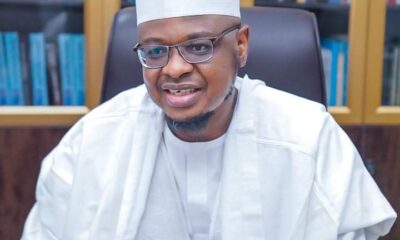
 Leadership2 years ago
Leadership2 years agoBreaking: African Union Appoints Pantami as Co-Chair of the 4th Industrial Revolution Policy Council
-
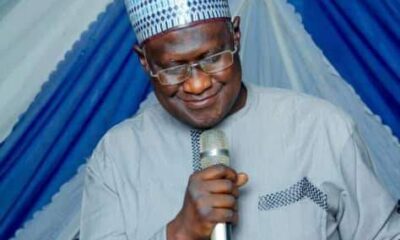
 Appointment1 year ago
Appointment1 year agoGombe State Indigene, Appointed New Vice Chancellor (ATBU)
-
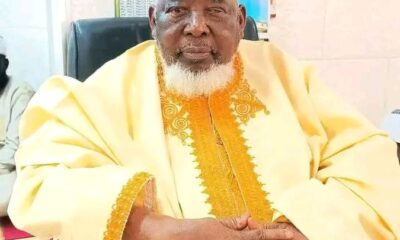
 Death12 months ago
Death12 months agoProminent Nigerian Islamic Scholar, Sheikh Sa’idu Hassan Jingir, Passes Away
-
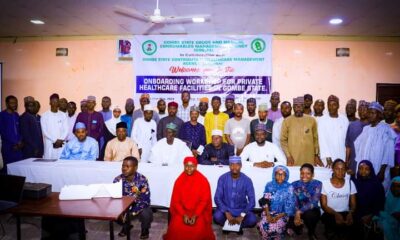
 Health2 years ago
Health2 years agoGombe State Organizes Onboarding Workshop for Private Healthcare Facilities
-
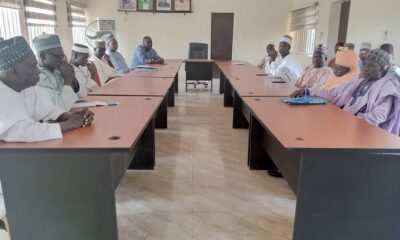
 Water2 years ago
Water2 years agoGombe Government Mobilizes Stakeholders to Combat Illegal Water Connections
-
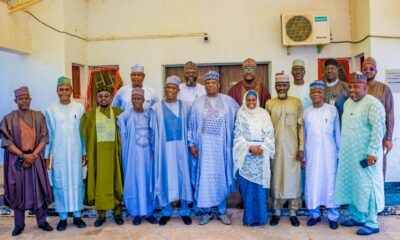
 Politics2 years ago
Politics2 years agoGombe State Inaugurates Human Capital Development Council
-
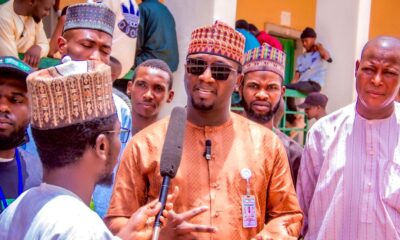
 Politics2 years ago
Politics2 years agoGombe State Launches Presidential Palliative Program (PPP) to Aid Small Businesses
